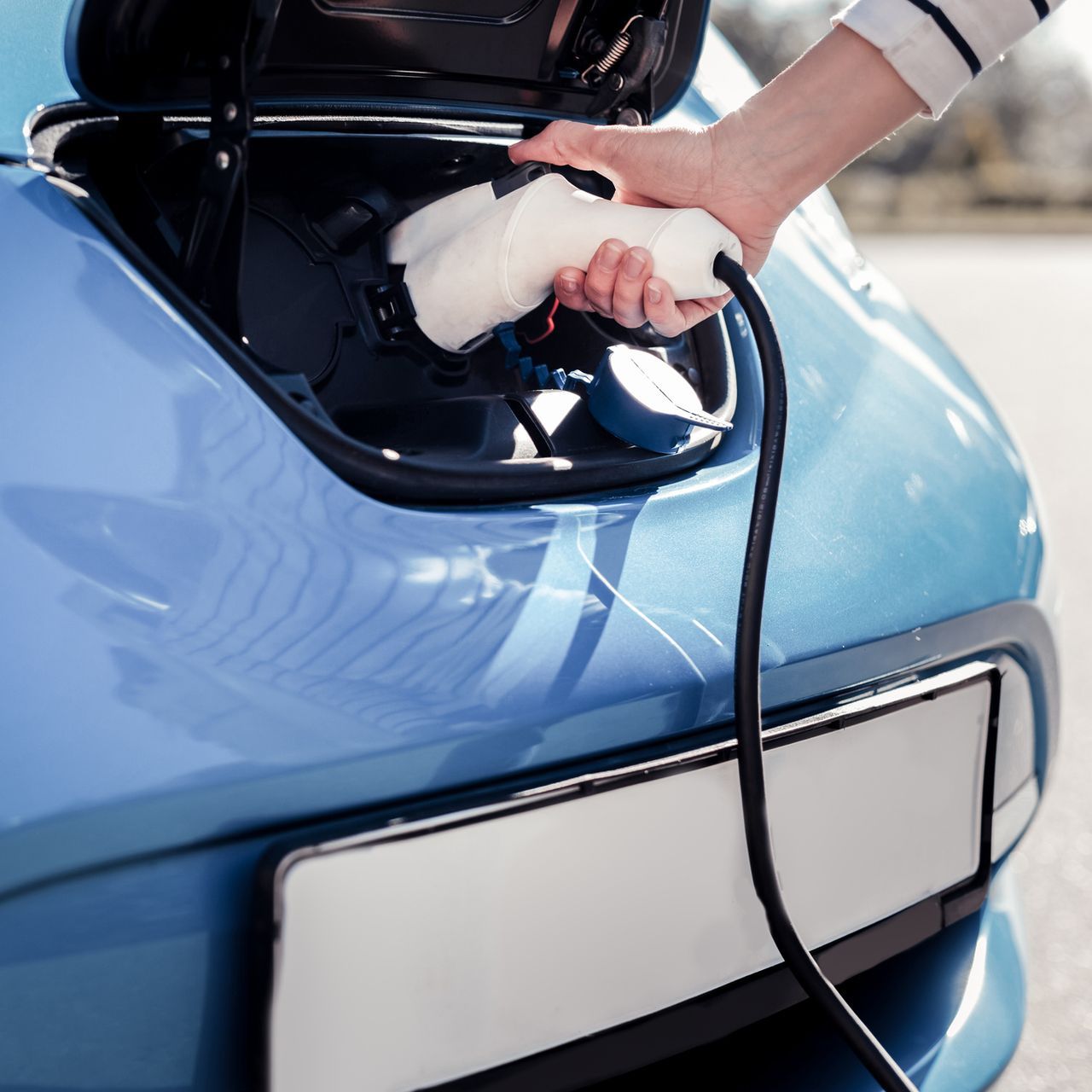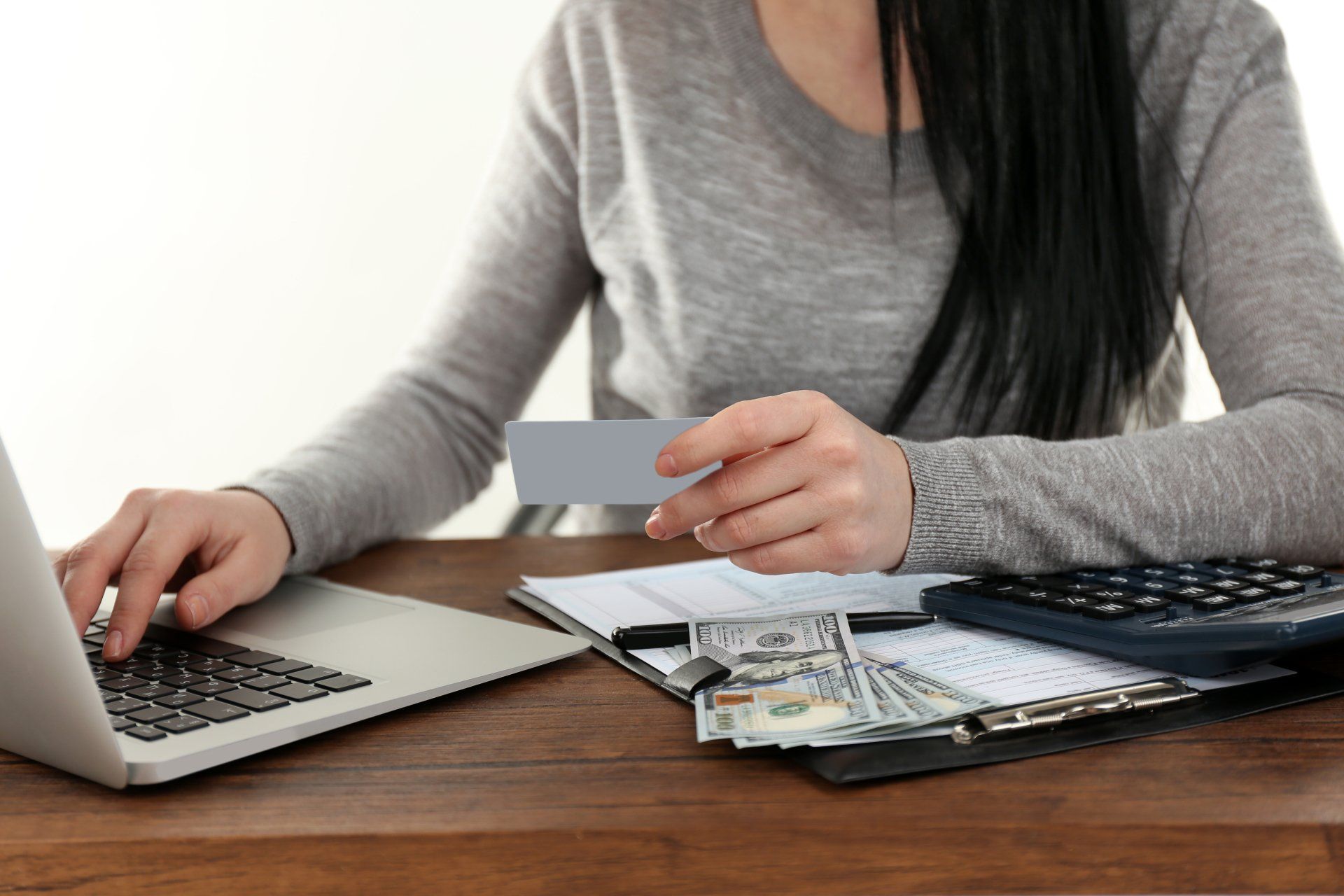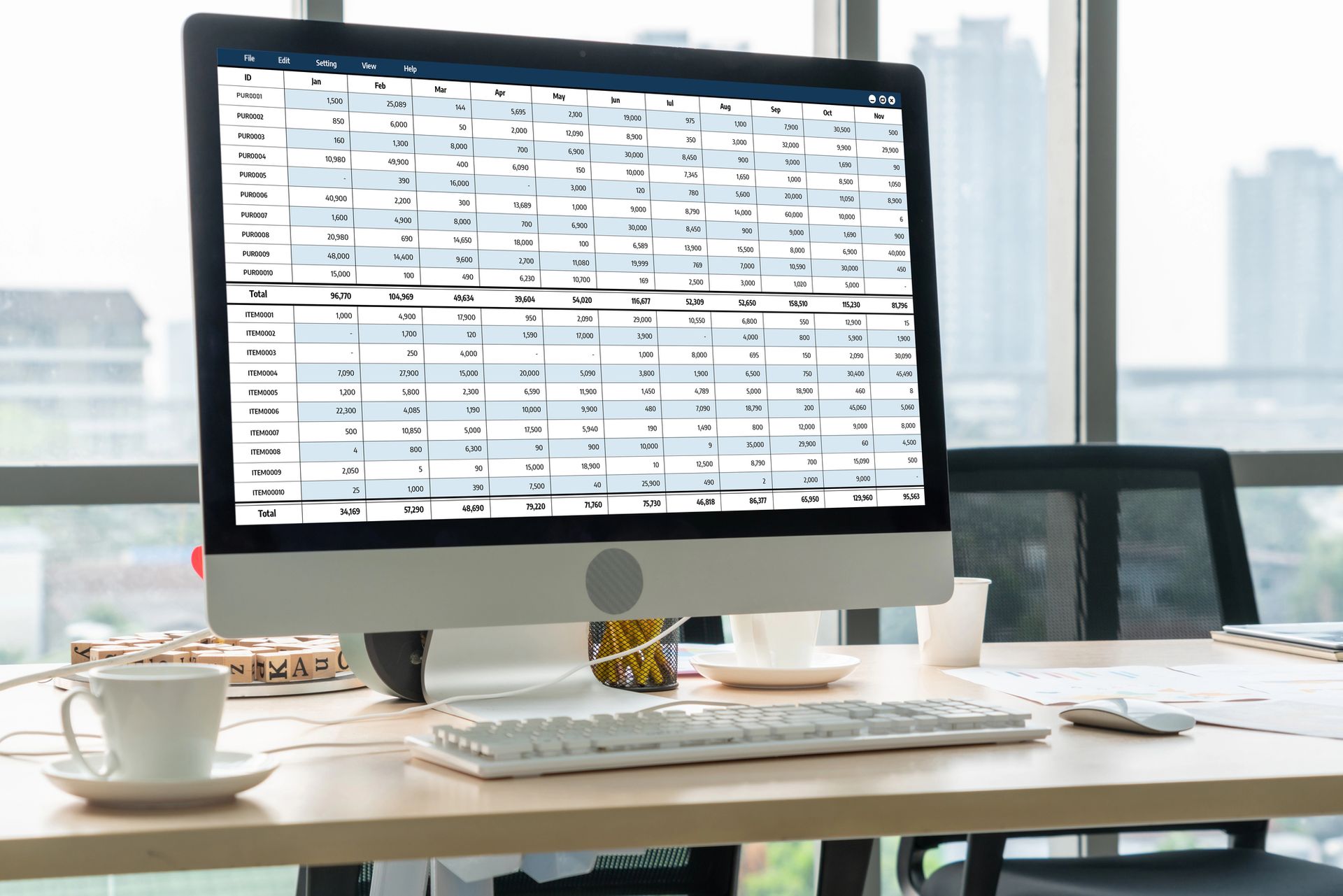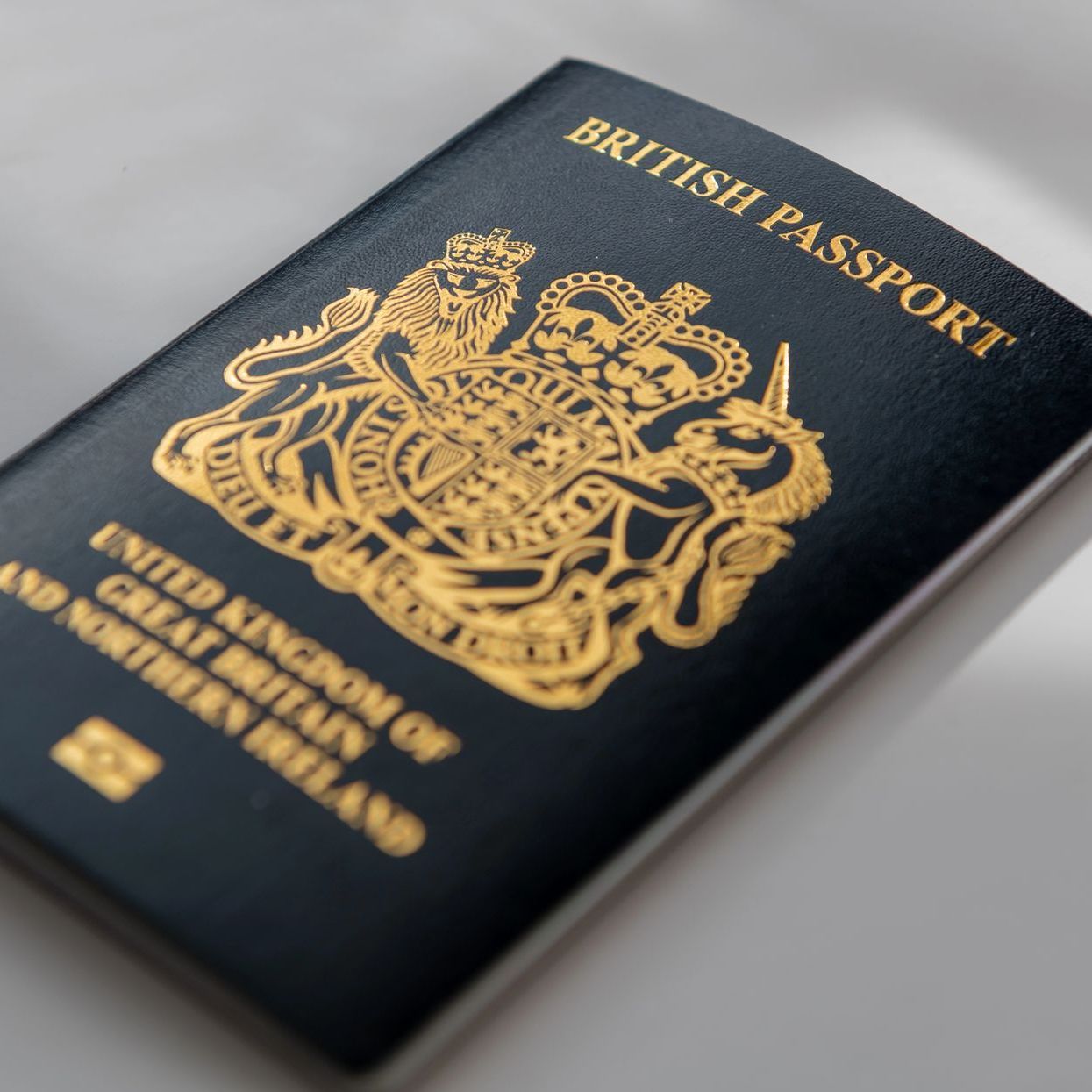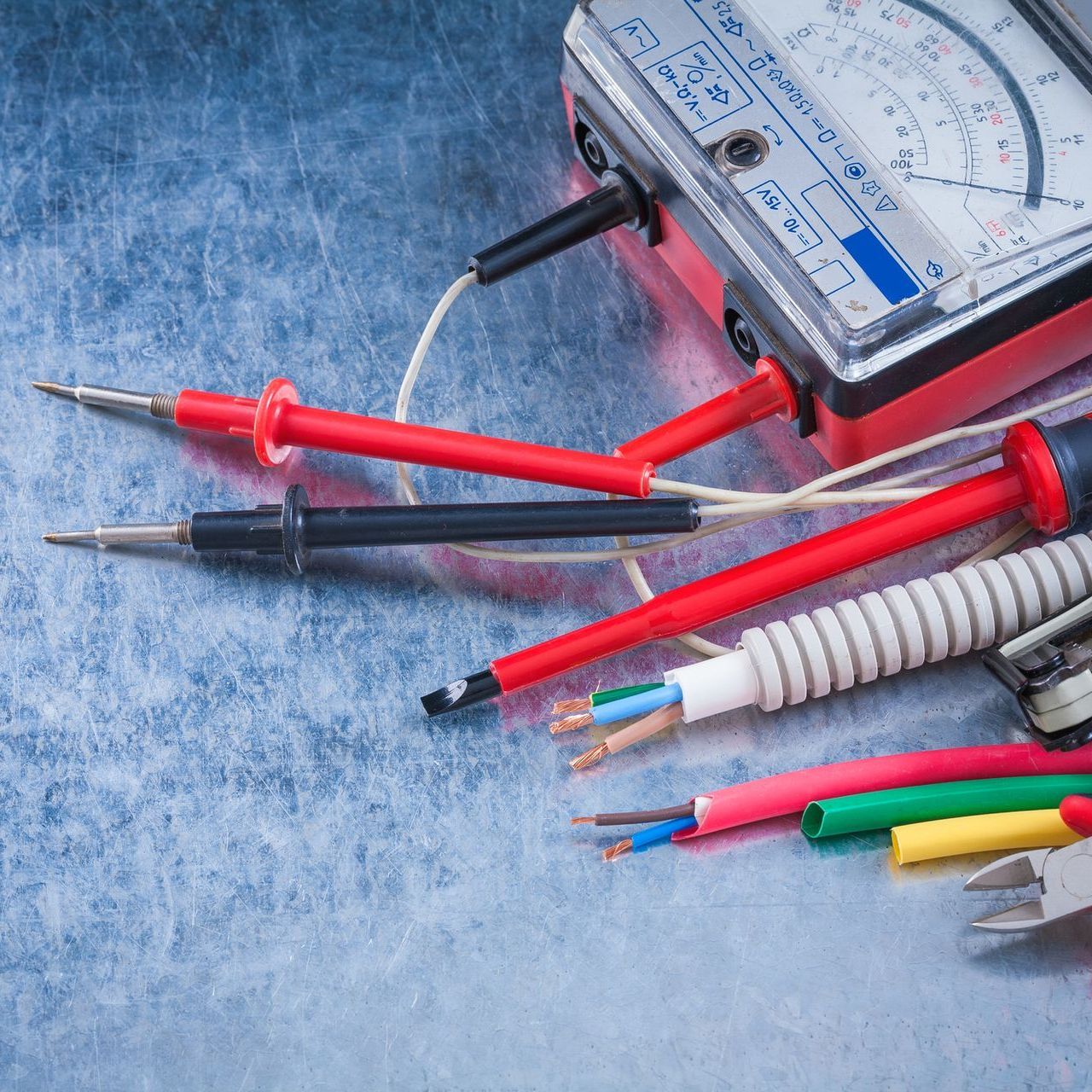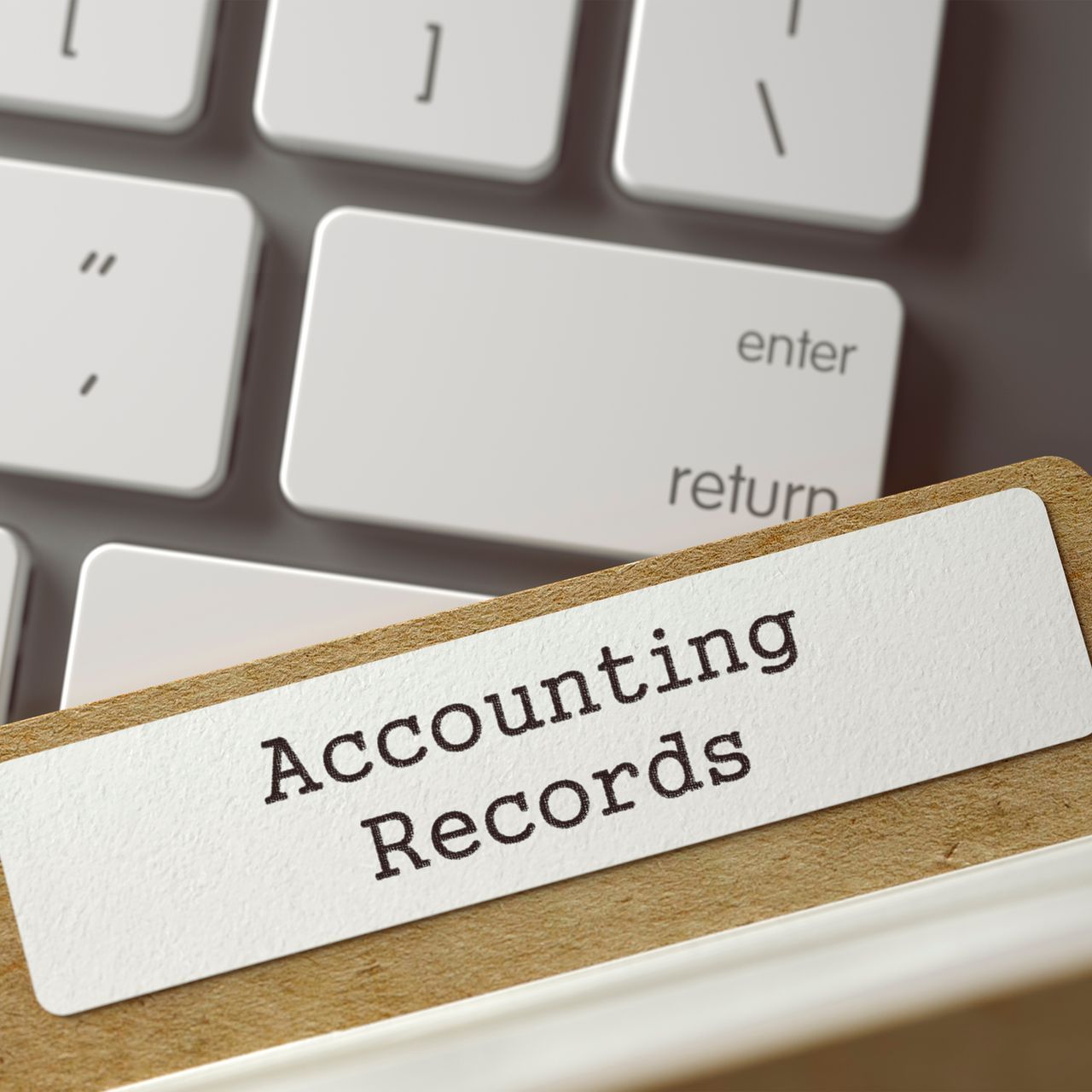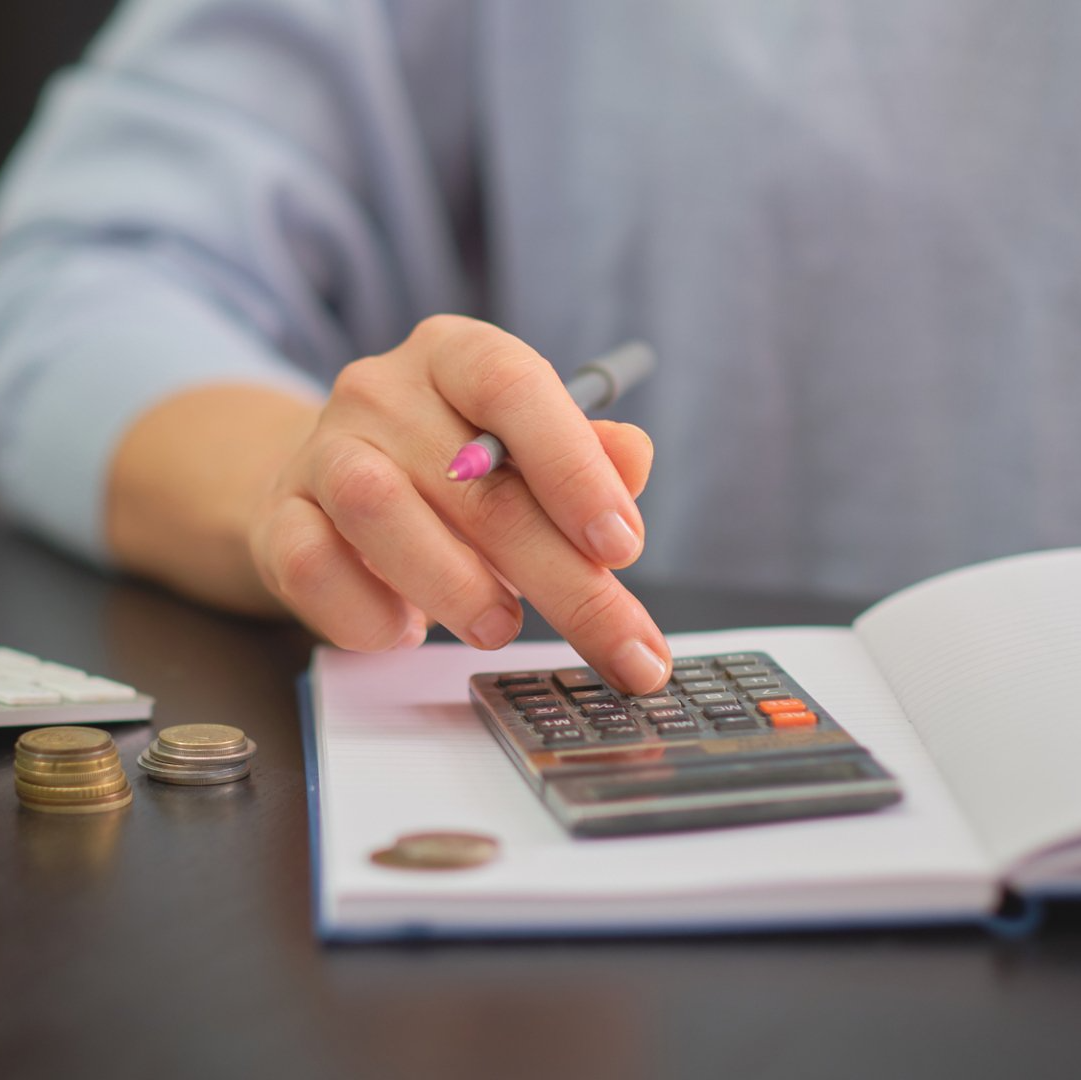HMRC have asked me to make payments on account, what does it mean?
Not everyone needs to make payments on account towards their tax bill but one thing is for sure, if you didn’t know about them and you are suddenly asked to pay them, it is a shock to the system! If you think your tax bill is going to be more than £1,000 in the year ahead or might be in the future, then keep reading so that you can be prepared for when that time comes.
When are payments on account required?
Payments on account are payments that you make towards your tax and Class 4 National Insurance bill before your self-assessment return has been submitted. You will be asked by HMRC to start making payments on account once your self-assessment bill is greater than £1,000 unless you’ve already paid more than 80% of all the tax you owe. For example, if you are employed and have paid more than 80% of the tax you owe for the year through your employment.
Your payments on account don’t include class 2 national insurance, capital gains or student loans. These payments are currently made on 31 January following the end of the tax year. The timing of capital gains tax payments on properties is set to change to 30 days after the sale from April 2020. The legislation isn’t yet final so watch out for changes if you own properties.
When are payments on account due to be paid?
Once you are required to make payments on account, your tax becomes due in three tranches.
- You pay half the expected amount up front on 31 January during the tax year;
- Another half is payable by 31 July following the end of the tax year;
- A balancing payment is then made on 31 January after the tax year along with your self-assessment return and the first payment on account for the following year.
This set up can be a shock in the year you are asked to start making payments on account if you aren’t expecting them. In that year you will find you have your whole tax payment to make for the year in question, plus a first payment on account for the following year, closely followed by the second payment on account in July. In effect you are asked to pay two years tax bill in one year. In subsequent years, if your earnings are fairly stable from one year to the next, the payments on account should be maintained at roughly the same level from year to year and the balancing payments become minimal.
If you are in the first few years of your business and you want to put money aside to pay your taxes, it’s prudent to assume that you will be asked to pay for two years at once to ensure you have enough to cover both the first and second payment on account.
Why do I have to pay in advance?
For self-employed people it can feel as though they are being asked to pay this tax in advance but spare a thought for those employed people earning a salary instead. Employees pay their taxes as they earn (hence, Pay As You Earn) so the tax is paid on the day they take home the payment. If you fall into the self-assessment regime instead, the first payment account isn’t due until 31 January during the tax year. That is almost 10 months into the tax year before you are obliged to pay any tax at all, with the second payment on account due 4 months after the end of the tax year and a balancing payment 10 months after the end of the tax year. So, although it feels like you are having to pay tax way in advance of when its due, it isn’t really in advance at all!
Of course, at some point in the not-too-distant future, we have Making Tax Digital for income tax to look forward to. Once this comes online, we will be expected to make quarterly returns to HMRC and so any tax due is likely to be payable much sooner!
Can’t I make my payments on account smaller?
You can apply to reduce your payments on account if you know your tax bill will be lower in subsequent years. For example, if you are closing down your business and you know you won’t have tax to pay in the following year. You can do this either in your self-assessment return or online here. If it turns out you should have made payments on account, you will be charged interest from the day that the payment on account should have been made.
How do I pay my self-assessment bill?
Don’t forget that if you do make payments on account, your second payment is due next week and should be with HMRC by 31 July. You can find out how to pay here. If you’re not sure whether you are due to pay anything, log on to your tax account herewhere it should tell you how much you are due to pay.
